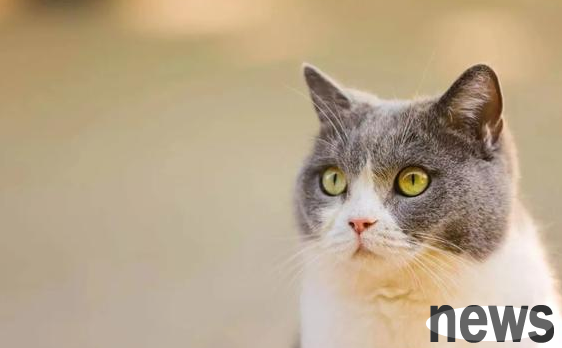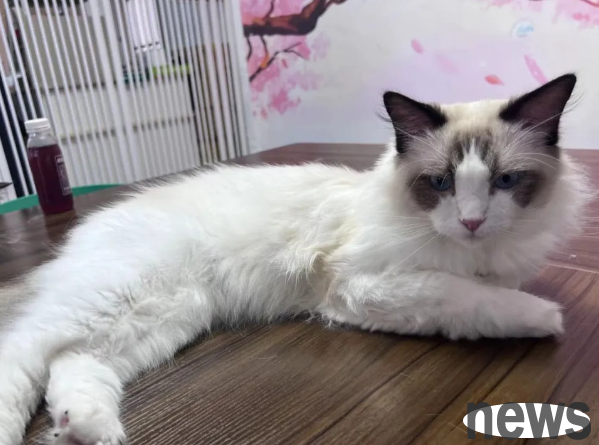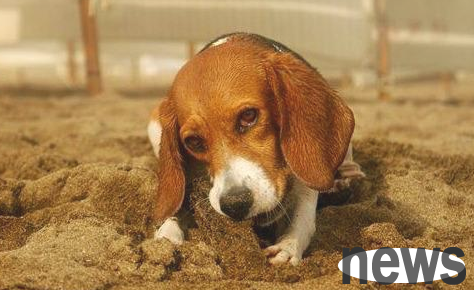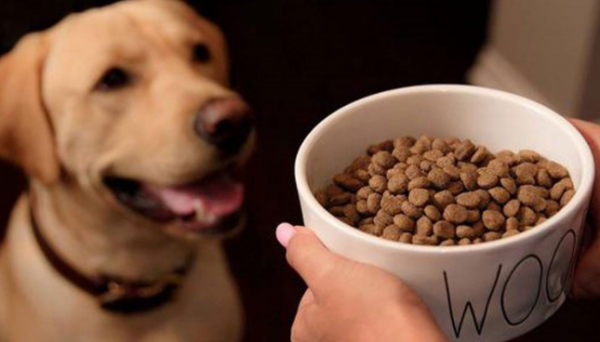What should I do if a cat vomits without eating and vomits? The truth about cat vomiting
Did the cat owner find that when living with a cat, he often encounters vomiting? The natural vomiting mechanism of cats is relatively developed to eliminate it by vomiting when eating foreign objects in a natural environment. This is an instinctive self-protection mechanism. However, for the novice poop shoveler, the sudden hearing of the cat's "gululu" retching may be so scared that his heart is about to jump out. Today I will take a look at several major reasons for cat vomiting. Only by prescribing the right medicine can you achieve twice the result with half the effort.
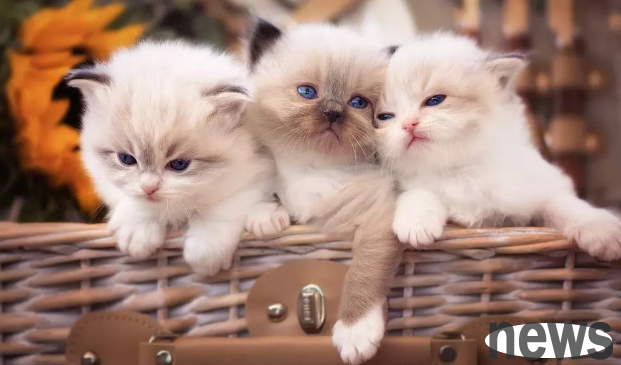
Causes of vomiting in cats 1. Hair balls
Hair balls are one of the main causes of vomiting in cats. When your cat licks her hair by itself, the loose hair will get stuck on the small comb-like barb on his tongue. Because he couldn't spit out those hairs, he swallowed it and if too much hair condensed in his belly it wouldn't leave much room for food. You can help prevent hairballs by grooming your cat regularly. Even shorthair cats will encounter this problem. Regular brushing of teeth is good for cats.
Causes of vomiting in cats. 2. Food causes
The food here is not caused by eating some things that should not be eaten, but by some normal foods that we usually feed cats, such as cat food, snacks, or meat food. If you frequently change cat food, or let the cat eat cold and expired meat, it will also cause cats to vomit. It is not that the cat is pretentious, but that it is unable to adapt. Therefore, you must pay attention to the cat's living habits and dietary hygiene.
Since the cat's stomach and intestines cannot absorb too much nutrients at all, excessive nutrition will cause the burden on the gastrointestinal areas to increase, and vomiting and diarrhea will naturally occur. If your baby is like this, cats whose stomach and intestines are not well digested and absorbed, you can try to exchange them for better absorption of cat food instead of just pursuing high nutrition.
Causes of vomiting in cats. Diseases
Not only is gastrointestinal diseases that can cause vomiting in cats, but many major diseases will almost cause vomiting in cats, such as acute nephritis, uremia, renal failure, leukemia, chronic pancreatitis, fatty liver, infectious peritonitis, cholangiohepatitis, etc.
The vomiting in cats will be more severe due to disease, and the vomit may also contain blood or yellow-green liquid. At the same time, cats will also be accompanied by other symptoms, such as diarrhea, abdominal pain, mental depression, and increased body temperature. The cat refuses the owner's touch on the abdomen due to pain.
Causes of vomiting in cats. Parasite infection can cause vomiting in cats. If you see evidence of worms in your cat's vomit or feces, go to your veterinarian and prescribe some deworming medicine. You may pay a little more, but in the long run, you will completely resolve this symptom that causes cats to vomit and give the cat a healthy body.
Causes of vomiting in cats 5. Poisoning
Cats accidentally eat certain foods of their owners (such as garlic, chocolate, wine, tea, etc.) and accidentally eat some potted plants (such as lilies, ivy, etc.) can also cause poisoning. In addition, the raw liquid of some daily chemicals can also be poisoned by cats. Cats may also experience some symptoms of vomiting and diarrhea when poisoning occurs.
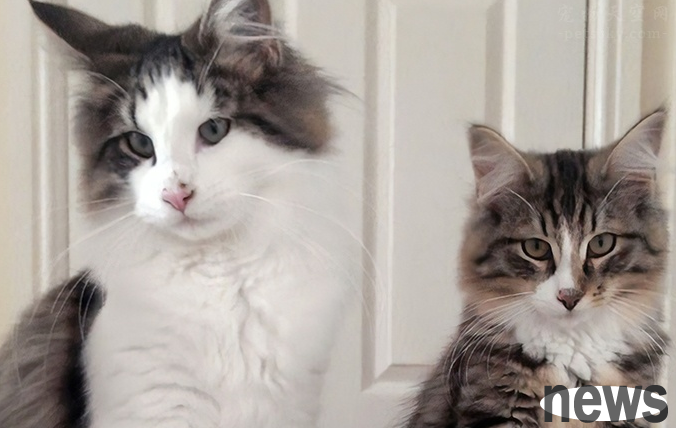
Regarding cat vomiting, what measures should the shoveling owner take to reduce the occurrence of cat vomiting?
1. Pay attention to the cat's diet, ensure that you drink water, do not drink raw or dirty water, do not eat difficult-to-digest food, and do not feed too salty food.
2. Ensure the hygiene and temperature of the home environment. You can let the cat bask in the sun every day when the sun is mild in the morning and evening. Bathing in the sun can help the cat supplement nutrition.
3. You can also feed cats some probiotics to regulate your stomach and intestines. Probiotics can treat cats with diarrhea, constipation, indigestion, loss of appetite, acute and chronic intestinal stress reactions and other symptoms.
4. When you see a cat having diarrhea, pay attention to the cat's mental state and whether the cat eats normally. If there are other symptoms, such as vomiting, fever, and blood in the stool, please send it to the hospital in time.
Finally, warnings about cat vomiting
Cat vomiting can also be caused by poisoning or very serious illness. If you suspect your cat has eaten something toxic, call your veterinarian immediately for first aid instructions. If your cat's vomit is bloody or black like coffee grounds, go to the veterinarian right away. If your cat is vomiting every day, such as refusing to eat or drink water, acting weird or not actively combing their hair, contact your veterinarian as soon as possible to find a quick solution.

